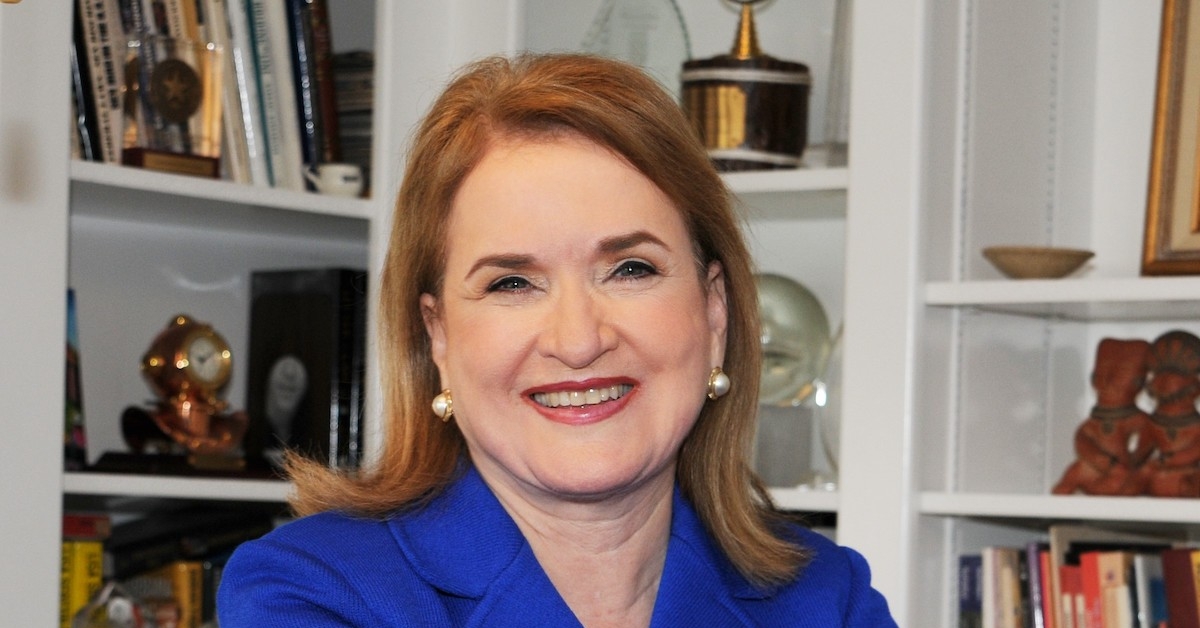The Libra Association’s watered-down plan to issue digital versions of existing currencies has failed to appease at least one U.S. lawmaker.
Rep. Sylvia Garcia, a member of the House Financial Services Committee, said Thursday that the consortium’s revised roadmap “does not address the concerns I raised” in the past.
“There are simply too many questions left unanswered regarding why Facebook is even developing a cryptocurrency and how it will affect the global economy and consumers,” the Texas Democrat said in a statement. (Strictly speaking, Facebook set up the Libra Association last June, and its Calibra subsidiary is one of 22 members of the group developing the project.)
“Facebook and the Libra Association had an opportunity to address the concerns I and my other colleagues raised with their initial whitepaper,” Garcia went on, referring to Facebook CEO Mark Zuckerberg’s Congressional testimony last fall. “Unfortunately they chose not to listen to the bipartisan concerns raised about Libra.”
Garcia’s comments suggest that Libra’s roots as a Facebook initiative remain a political liability despite the consortium’s steps to appease critics.
Libra’s original, more ambitious plan called for a new global digital currency backed by a basket of fiat currencies from different countries. This was one of the main reasons it was unpopular with politicians, regulators and central bankers worldwide, who feared it would threaten their monetary sovereignty.
Their pushback spooked big-name association members like PayPal and Mastercard, who bailed on the project in October. In the scaled-back version announced Thursday, Libra will instead issue a series of stablecoins, each tied to a specific sovereign currency.
“Because it makes Libra functionally equivalent to PayPal and other electronic payment networks with which they are familiar, the new plan should be less discomfiting to central bankers,” wrote Diego Zuluaga, a policy analyst at the Cato Institute’s Center for Monetary and Financial Alternatives, in a blog post.
Garcia noted disapprovingly that the revised white paper “retains a Libra coin backed by a basket of assets.” However, the plan is now for this coin to be backed by other stablecoins, not directly by cash held at banks.
Further, the composition of the basket will now likely be overseen by regulators and central bankers, not fully controlled by the association, as blockchain skeptic David Gerard noted on his blog.
“Libra is being forced to turn into PayPal-but-it’s-Facebook – with the back-end system running on a blockchain, for no reason except to say it’s on a blockchain,” Gerard quipped.
In October, Garcia introduced a bill to classify stablecoins as securities and subject their issuers to oversight by the Securities and Exchange Commission (SEC). The bill was referred to the committee in November.
On Thursday, she vowed to soldier on.
“I will continue to work to make sure that the SEC regulates any such asset as the security that it is under current securities laws,” Garcia said.
Disclosure Read More
The leader in blockchain news, CoinDesk is a media outlet that strives for the highest journalistic standards and abides by a strict set of editorial policies. CoinDesk is an independent operating subsidiary of Digital Currency Group, which invests in cryptocurrencies and blockchain startups.



